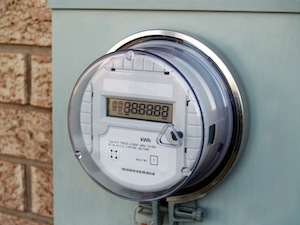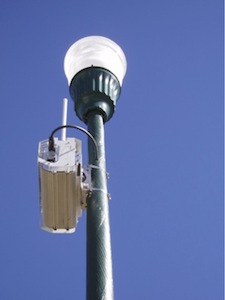Comcast loves publicly subsidised overbuilds, when it's doing the building

You dare to overbuild me?
“Overbuilding” has been overused in Sacramento in recent weeks, with lobbyists from Comcast and the cable industry using the term to batter California assembly members into silence during a vote to extend a key broadband subsidy fund.
Casting themselves as victims of unfair, taxpayer-subsidised competition, the lobbyists claimed California Advanced Services Fund (CASF) money was paying to build new broadband systems on top of existing ones.
Not true.
Comcast cannot be overbuilt by any publicly funded project unless it chooses to be.… More









